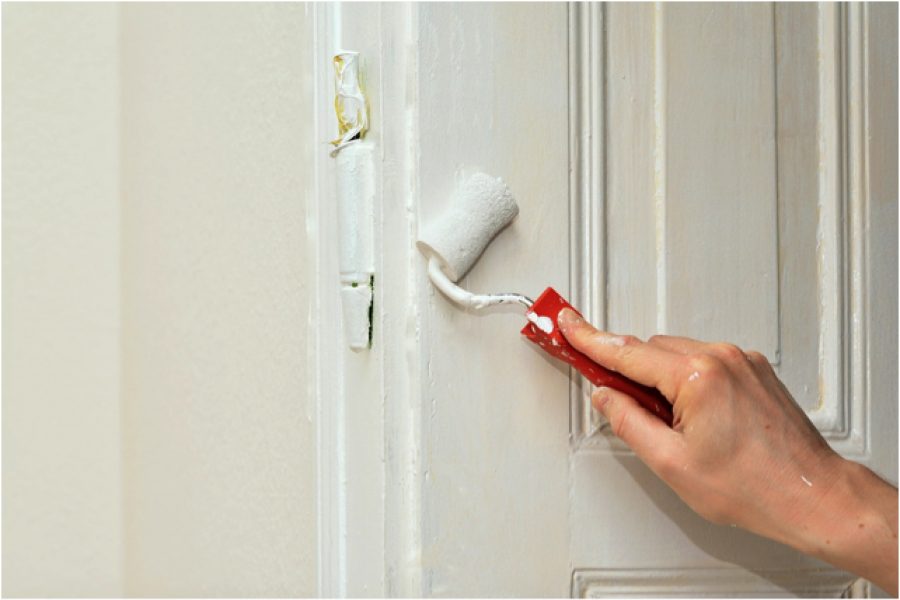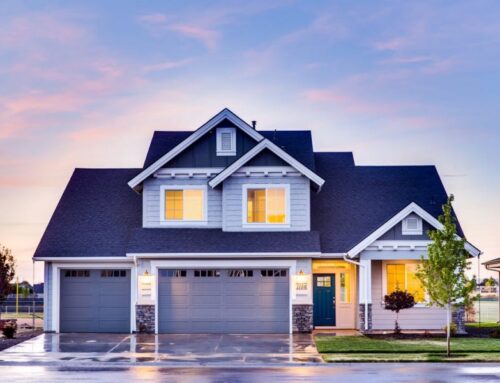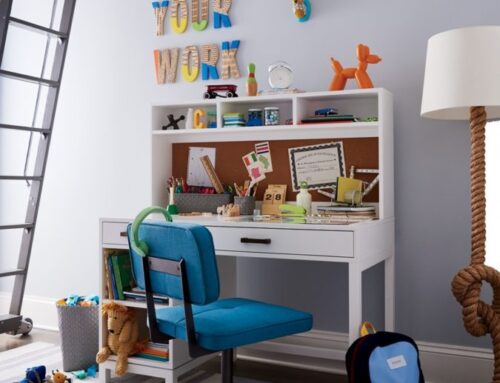“Location, location, location” is the mantra when it comes to where to buy a home. But when it comes to what to buy, it gets a little more complicated. There is definitely a contingent who would insist that you would buy the best home you can afford. But while there is something to be said for buying a move-in ready home, a place that needs a little love can be downright irresistible.

You don’t have to go all Chip and Joanna here, but buying a fixer-upper makes sense for so many reasons
.It costs less
“Fixer-uppers list for an average of 8% below market value,” said LearnVest. If you’re on a budget or are being priced out in your market, this is a way to get a literal foot in the door. How much depends greatly on the location. “Fixer-uppers in Phoenix have the smallest cash discount, saving buyers just $1,000 off list price. But you can save a lot of money in expensive markets like San Francisco, where fixer-uppers are discounted an average of 10%—giving homebuyers $54,000 in upfront savings for renovations on the median home.”
You may be able to finance your renovation
One of the major drawbacks of buying a home that needs to be fixed up is having to come up with the cash—especially after you’ve just put so much money into your down payment and closing costs. There are a few different types of loans that package the mortgage with funds for renovations, and they often come as a surprise to buyers who have only focused on FHA and 30-year conventional loans.
“Whether you need a new roof or your kitchen is outdated, there is a mortgage that’s right for your fixer-upper,” said Bankrate. Fannie Mae’s HomeStyle loan and FHA’s 203(k) loan both bundle a mortgage and funds for renovations. They each require a minimum credit score of 620. You’ll need at least 5% down payment for HomeStyle and just 3.5% for the 203(k).
It gives you the opportunity to build value
With an already-updated home, “If a seller has redecorated or improved the whole place, that seller is reaping the benefit,” said Forbes. “If the home’s value has been raised, the buyer is paying for it. Also, consider this reality: A seller who re-does a whole house in order to sell is not likely putting in the highest-quality materials. They’re cutting costs to maximize profit. But if you buy a fixer-upper, you might be able to secure an undervalued property, improve it and get the benefit of the extra equity. It’s a core real estate concept. If you can find the right property, this could mean thousands of dollars almost immediately.”
You can do renovations over time
There may be a few things you can’t live with in a fixer-upper, like the grungy carpet and cruddy plumbing fixtures, but no one (other than design shows) says your place has to be perfect the day you move in. Taking your time to make updates as you’re able gives you the opportunity to save money and recover from all the expenses of buying the home and moving in.
It allows you to put your stamp on it
When you buy a home that was lived in and fixed up by someone else, it reflects their taste and style—or at least the taste and style they think will help the house sell faster. If you buy a house with the intention of fixing it up, you get to update and upgrade it to your standards, and you have the money to do so.
“One of the primary reasons people buy fixer-upper properties is for the opportunity to make the space their own,” said Green Residential. “Instead of purchasing a home in which someone else designed the layout, chose the materials, and dictated where different elements were placed, you can buy a basic structure and then take charge. It’s like building your own home without having to go through the lengthy process of drawing plans and constructing it from the ground up.”
Position Realty
Office: 480-213-5251



